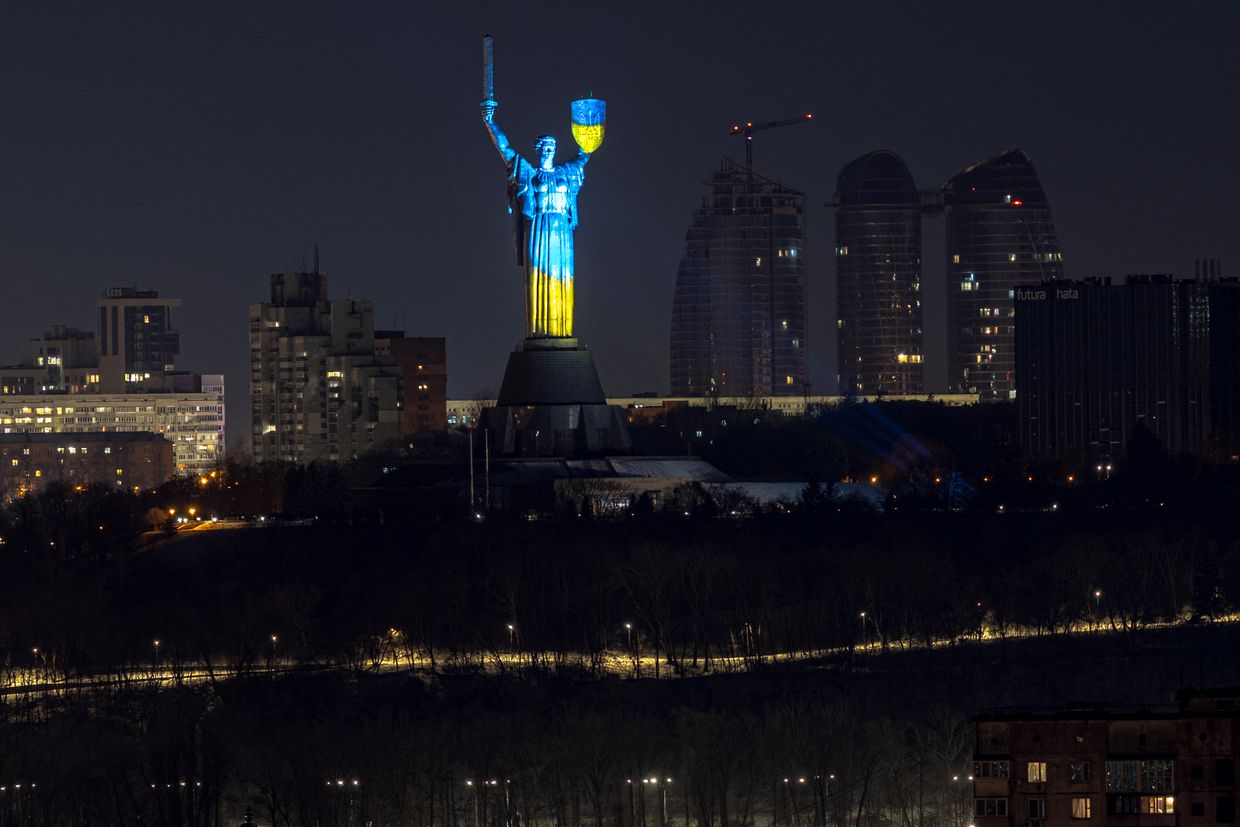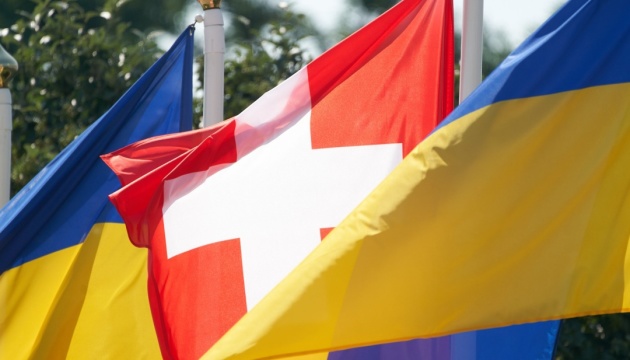Europe urgently searches $19 billion for Kyiv as America sends only drops of aid to Ukraine despite Russia’s terror escalation

The European Commission is urgently discussing with EU and G7 countries how to prevent a major financial shortfall in Ukraine in 2025, the Financial Times reports. The projected gap in external funding could reach $19 billion, amid declining US support and no immediate prospects for a peace deal with Russia.
US President Donald Trump has agreed to resume arms deliveries to Ukraine, but at a reduced scale. According to sources, he pledged to send just ten Patriot interceptor missiles immediately instead of the full shipment that had previously been suspended. Meanwhile, AIM-120 and Hellfire missiles, GMLRS munitions, howitzer rounds, Stingers, and grenade launchers are stuck.
Among the solutions under consideration:
- allocating off-budget defense grants to Ukraine,
- providing loans under the G7’s $50 billion scheme,
- continued use of profits from frozen Russian assets,
- reinvesting those assets into higher-risk instruments with shared responsibility.
The European Commission admits that some Ukrainian support spending has already been adjusted, given the prolonged nature of the war. Diplomats emphasize that funding Ukraine’s defense should be seen as part of the EU’s own security investment.
“Clearly the military support for Ukraine that member states are giving are not only funds for the defense of Ukraine but for the defense of Europe, and some of that of course will count as defense spending,” says one senior EU diplomat.
One proposal submitted by Ukraine to the G7 suggests that bilateral defense grants could count toward NATO defense spending commitments. This would allow allies to simultaneously support Ukraine and move closer to meeting the 2% or even 5% GDP targets.
Despite more optimistic assessments from the IMF, the fund acknowledges that the deficit could grow if the war continues beyond 2025. In 2026 alone, Ukraine may require at least another $8 billion, even considering deferred tranches from the EU, US, and Japan.
The urgency is intensifying ahead of the Ukraine Recovery Summit in Rome this week, where Ursula von der Leyen will participate. Meanwhile, the European Commission is preparing to unveil new financial initiatives to support Kyiv before winter sets in.



